TSMC confirms that its 3nm chips won't ship until the first quarter of 2023
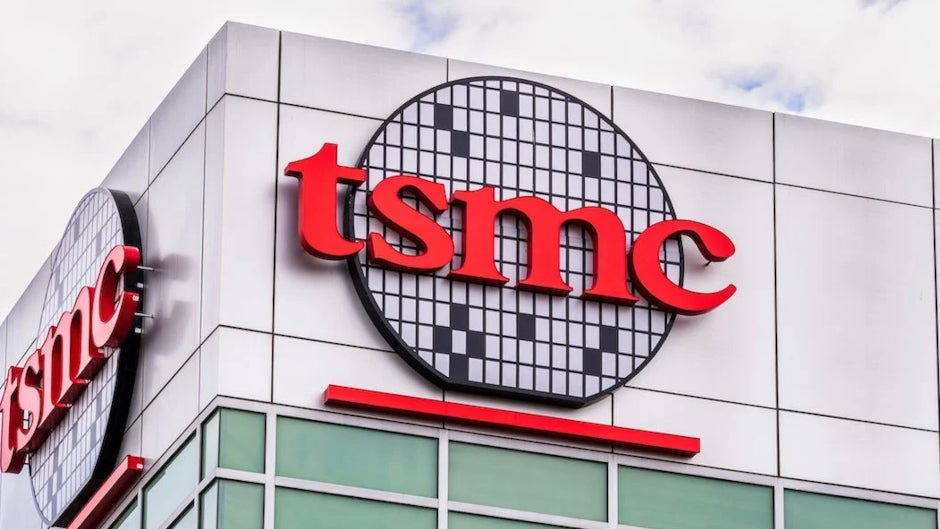
Back in August TSMC announced that due to the complexity of building 3nm chips, it would delay using that process node for a year. This means that the 2022 iPhone models would be powered by the A16 Bionic made using the 4nm process node instead of 3nm. The difference means that next year's iPhone 14 series will be slightly less powerful and energy-efficient than originally planned.
According to Tom's Hardware, TSMC said this week that the first batch of 3nm chips (N3) expected to be shipped to customers won't ship until the first quarter of 2023. It is also working already on its second-generation "enhanced 3nm" node which will result in improved yields, increase performance, and cut down on power consumption.
TSMC will start High Volume Manufacturing of 3nm chips in the second half of next year
High Volume Manufacturing (HVM) of the 3nm process node (N3) will start in the second half of next year. Nut today's more complex nodes can take 100 days to ship. As a result, TSMC customers won't receive the chips (and pay for them) until the first quarter of 2023. The foundry's CEO, C.C. Wei, said, "N3 risk production is scheduled in 2021, and production will start in second half of 2022. So second half of 2022 will be our mass production, but you can expect that revenue will be seen in first quarter of 2023 because it takes long — it takes cycle time to have all those wafer out."
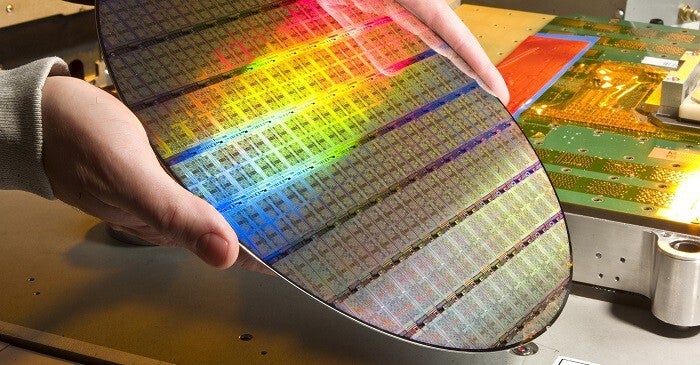
This wafer will eventually yield a number of chips
The 3nm process node (N3) was four months behind the pace of the N7 and N5 process nodes. In both of those cases, TSMC started High Volume Manufacturing (HVM) of its cutting-edge process node during the months of April and May so that it could ship these chips to Apple in time for the unveiling of its upcoming new iPhone series that September. But it would appear that the pace of the N3 has slowed even more.
The foundry also revealed that its second-generation N3 technology will continue to use FinFET transistors but will still have several advances which will give TSMC a wider choice of manufacturing parameters to improve the yield, enhance performance, and generate energy efficiency. CEO Wei said, "We also introduced N3E as an extension of our N3 family. N3E will feature improved manufacturing process window with better performance, power and yield. Volume production of N3E is scheduled for 1 year after N3."
TSMC's replacement for FinFET transistors, gate all around field-effect transistors (GAAFET), will be used as TSMC moves on to the 2nm process node. N2, as the first generation will be called, is not expected to arrive until 2025. Eventually, chip architecture is going to have to change as developers and foundries have to deal with the complexity of designing and physically placing billions of transistors inside a tiny space.
We could see the sequel to Apple's powerful M1 chip unveiled this Monday during the "Unleashed" event
Back in May, IBM announced that it created the world's first 2nm chip using the Gate-All-Around (GAA) nanosheet device architecture that will allow IBM "to fit 50 billion transistors in a space roughly the size of a fingernail." That is not science fiction either. Apple's M1 chip that replaced Intel processors on some Mac computers and is used to power the latest iPad Pro tablets is equipped with 16 billion transistors. By the time we get to the 2nm process node, the transistor count on Apple's "A" and "M" series chipsets could be much closer to 50 billion than you might expect.
Apple could unveil its new "M" series chip this coming Monday during its "Unleashed" event during which we expect to see the third-generation AirPods introduced along with several Macs that could be powered by the M1X chip. That is this writer's theory as to why Apple is calling this event "Unleashed" since it will probably be introducing its powerful new Apple Silicon.
Follow us on Google News





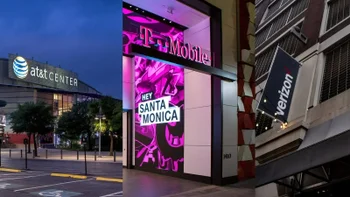



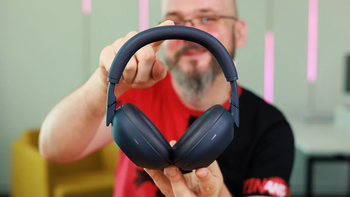
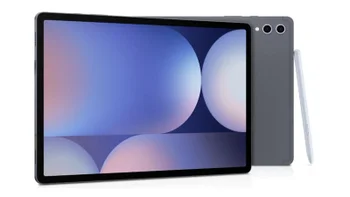

Things that are NOT allowed:
To help keep our community safe and free from spam, we apply temporary limits to newly created accounts: